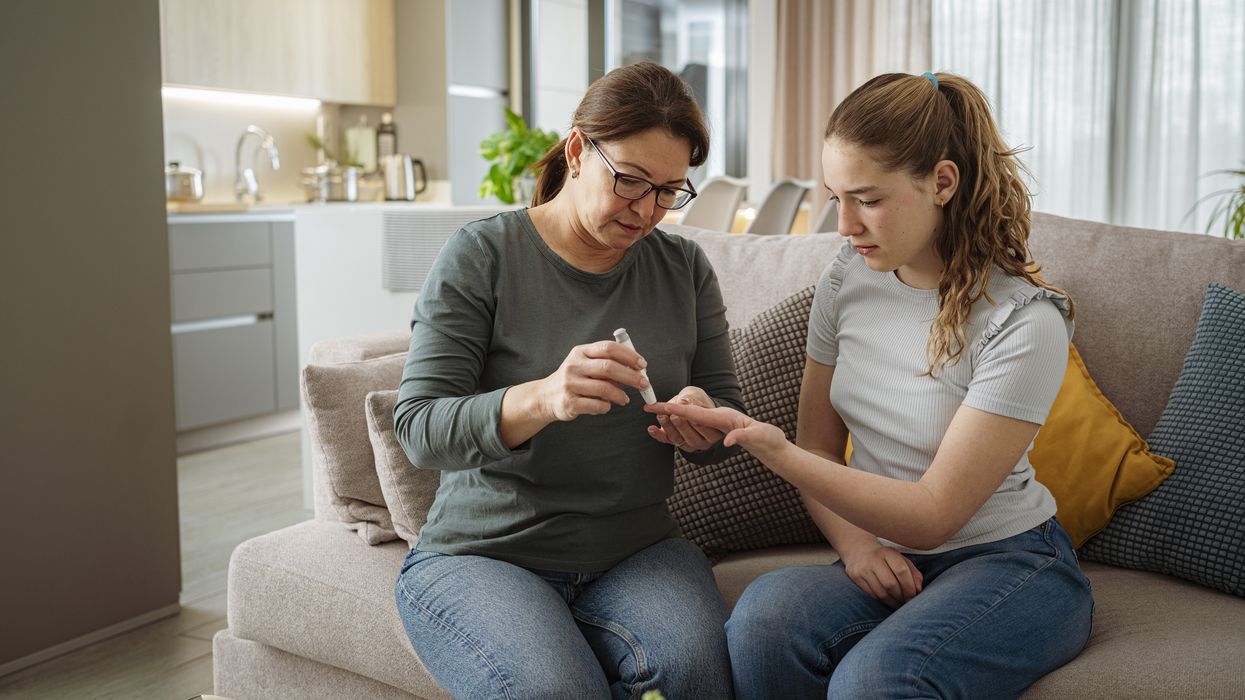Insulin-producing human pancreas cells can be manufactured with 3D printers, researchers reported at the International Transplant Congress underway in London.
Using a bio-ink made from human pancreatic tissue from which all cellular components had been removed, and alginate - a substance derived from seaweed - they printed human pancreatic islet cells. The printed cells remained alive and functional in test tubes for up to three weeks, maintaining strong insulin responses to glucose and showing real potential for future clinical use, the researchers said.
While current methods of isolating islet cells for transplantation strip away the structural scaffold that supports the cells, the bio-ink retains key components of that extracellular matrix, thereby improving the cells’ survival and function, the researchers said.
The printed cells were more efficient than standard islet cell preparations at releasing insulin when exposed to glucose. By day 21, the bio-printed islets showed a stronger ability to sense and react to blood sugar levels, and they maintained their structure without clumping or breaking down.
In traditional islet-cell transplants, done in patients with type 1 diabetes who experience dangerous and unpredictable low blood sugar episodes, islet cells from human donors are infused into the liver. The 3D-printed islets would be implanted under the skin using local anesthesia and a small incision, which could be safer and more comfortable option for patients, the researchers said.
The team is now testing the bio-printed cells in animals and exploring long-term storage options that could make the therapy widely available.
“This is one of the first studies to use real human islets instead of animal cells in bio-printing, and the results are incredibly promising,” study leader Quentin Perrier of Wake Forest University School of Medicine in North Carolina said in a statement.
“It means we're getting closer to creating an off-the-shelf treatment for diabetes that could one day eliminate the need for insulin injections.”












